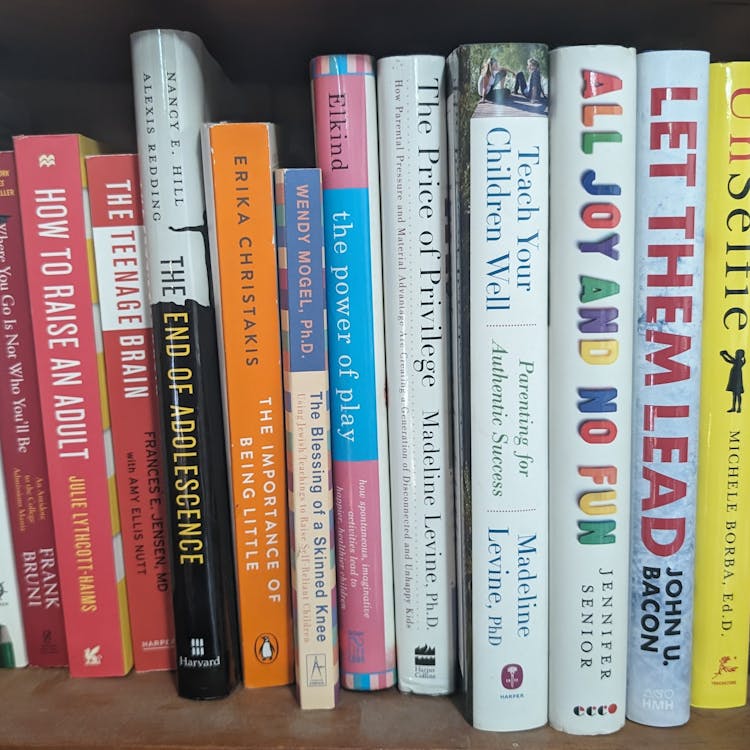Embracing Uncertainty is Hard

Death and taxes, the old saying goes, are the only things in this life that are certain. I suppose the adage was coined to offer some sort of comfort - that just as we prepare our returns by April 15th, and prepare for our eventual return to the earth, we better get comfortable with the uncertainties of life. Maybe they just should have told us that flat out, and not couched in a clever truism!
It was pointed out to me the other day, in a webinar addressing camper and staff anxiety, that “uncertainty” is one of the biggest stressors they will deal with at Camp this summer, and by extension, camp directors will, too. The presenter went on to say that our kids and staff alike- who give up constant access to their phones while in the program - have come to rely on their devices for a source of certainty, and by giving them up, are prone to fret even more. Albeit that some of the “certainty” one finds on a phone is suspect, but there is no doubt that I can know what the temperature is in my hometown without going there, find the way to the closest Starbucks, and, within reason, know whether or not it is going to rain tomorrow. It’s best to look elsewhere for medical advice!
But what is also clear to me is that the measure of uncertainty that is inherent in the camp experience - Will I like my counselor? Will they like me? Will I make new friends?, etc, is the very thing that makes camp such a powerful tool for growth. Granted, these questions need to be answered in the affirmative for it to succeed, but where else does a young person find a place where the goal of every adult mentor, and many senior campers, is to make sure all this happens? Yes, there are other places besides camp that do this, but I’d argue they don’t do it quite as well, or with as much intention.

One probably has to have been living under a rock, or otherwise managed not to have any access to news in the last few years, to not have heard about the mental health crises facing today’s youth. In the last year alone I have attended more than 20 webinars, numerous in-person trainings and read dozens of articles about the topic. Clinicians call this uncertainty a stressor, and they can be found anywhere we look. The antidotes (or vaccines) to these stressors are healthy coping mechanisms - exercise, access to nature, connection, satisfaction and mastery of a skill, to name a few. All of these, and more, are built into the camp experience
Absent ready access to these healthy outlets, kids (and adults, too!) often turn to the mechanism nearby- the phone in your pocket. Doom Scrolling, comparison to curated and heavily edited images, and other portrayals of scripted perfection offer some escape, but seldom any satisfaction. . They may give us a little “hit” of dopamine in the moment, but often at a great cost.
I didn’t start out to write just another “the phones are ruining kids’ lives” rant. You can find them anywhere and everywhere. Rather, I had hoped to illustrate that since 1910 Camp Mishawaka has always been about building healthy coping mechanisms for kids - even if it never graced the pages of the brochures or crossed the Directors’ minds. The uncertainty has always been there: the Great War, the Flu of 1918, the Great Depression, WW 2, the upheaval of the 1960’s, the Cold War, Covid 19…and I could go on. I venture to guess that the greater the uncertainty is, the greater the opportunity is, as well.
Reduced to this simple mission - to help kids develop successful and healthy coping mechanisms to all of life’s current and eventual uncertainties-I am renewed, inspired and even certain we can be of help. In the meantime, I know I don’t have to do my taxes ‘til next April, and with any luck, that other certainty is years away.
